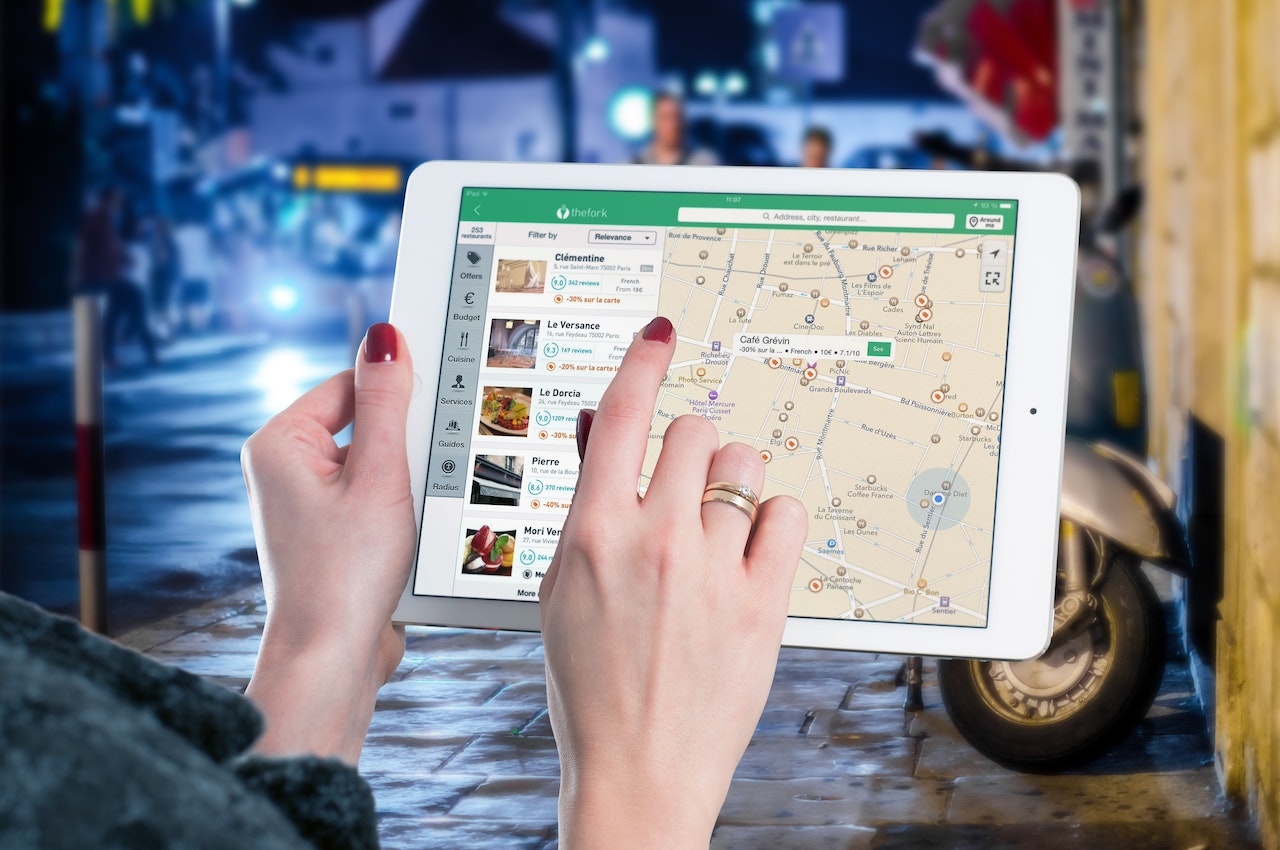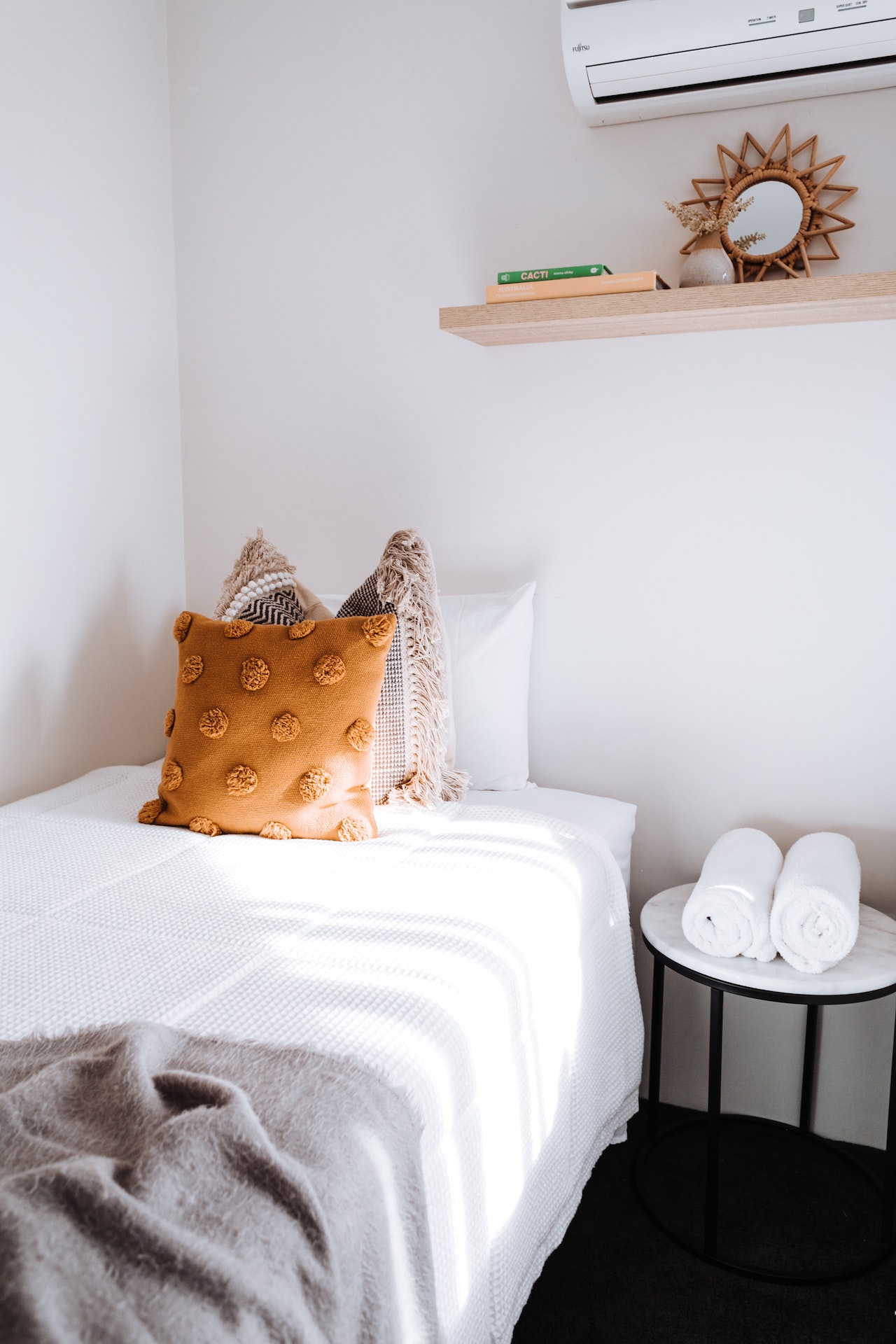In the era of digitalization, booking a hotel room for your next vacation or business trip has never been easier. With a myriad of hotel booking platforms available, you can secure your ideal accommodation with just a few clicks or taps. However, a common dilemma faced by many travelers is whether to use a hotel booking app or a website. In this blog post, we'll delve into a comparative analysis of both, helping you to decide which one suits your needs best.
1. User Interface and Experience
Apps: hotel booking apps are designed with simplicity and user-friendliness in mind. With intuitive interfaces, apps provide seamless navigation and a more personalized user experience. Features like saving preferences, push notifications for deals, and one-click booking make apps a convenient choice.
Websites: Websites, on the other hand, offer a broader view and more detailed information at a glance. They provide comprehensive filtering options, extensive descriptions, and larger images, making it easier to compare different hotel.
2. Accessibility and Convenience
Apps: With an app, you have the convenience of accessing your bookings anytime, anywhere, right from your smartphone. It's particularly handy for on-the-go bookings or last-minute changes.
Websites: Websites require a laptop or desktop computer for optimal viewing, which may not always be accessible, especially during travel.
3. Features and Functionality
Apps: Apps often come with unique features not found on websites. For instance, some apps offer offline access to booking details, mobile check-in/check-out, or augmented reality features to view the hotel room.
Websites: Websites tend to offer more comprehensive information and broader functionality. They may provide more detailed descriptions, larger photo galleries, and sometimes, a live chat feature for instant assistance.
4. Deals and Discounts
Apps: Many companies incentivize users to book through their app by offering app-exclusive deals and discounts. Loyalty program members can also benefit from extra perks when using the app.
Websites: While websites may also feature deals, they may not be as frequently updated or exclusive as those on apps. However, they often provide the option to sign up for newsletters to receive deals directly to your email.
5. Security
Apps: As long as you're downloading apps from the official app stores (Google Play Store for Android and App Store for iOS), they are generally secure. However, remember to check permissions the app is requesting to ensure your data's privacy.
Websites: When booking through a website, always check that it's a secure site (https://) and that the company has a clear privacy policy. Booking through well-known, reputable booking sites can also help ensure your data is safe.
6. Data Usage and Speed
Apps: Apps usually offer faster loading times and require less data, beneficial if you're using mobile data or have a slow internet connection.
Websites: Websites can consume more data and may be slower to load, especially those heavy with high-resolution images or interactive content.
Conclusion:
Both hotel booking apps and websites have their strengths. If you prioritize convenience, personalization, and have limited data, an app might be your best bet. However, if you prefer extensive comparisons, detailed information, and are usually armed with a strong internet connection, booking through a website could suit you better.
Ultimately, the choice between a hotel booking app and website depends on your personal preferences and requirements. Whichever platform you choose, rest assured that both are designed with the aim of making your hotel booking process as smooth and hassle-free as possible. Happy booking!

.png)
.jpg)




.jpg)
